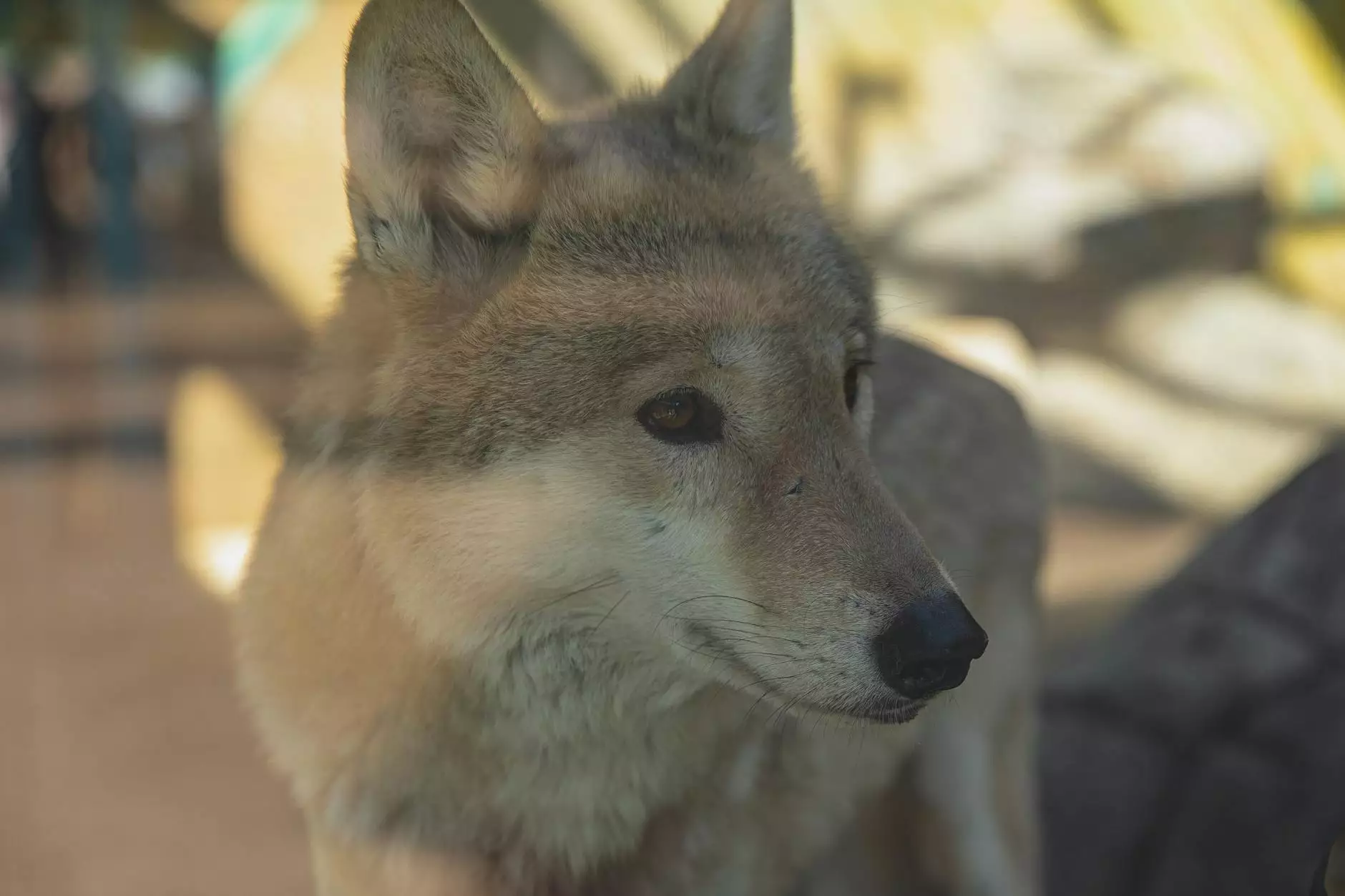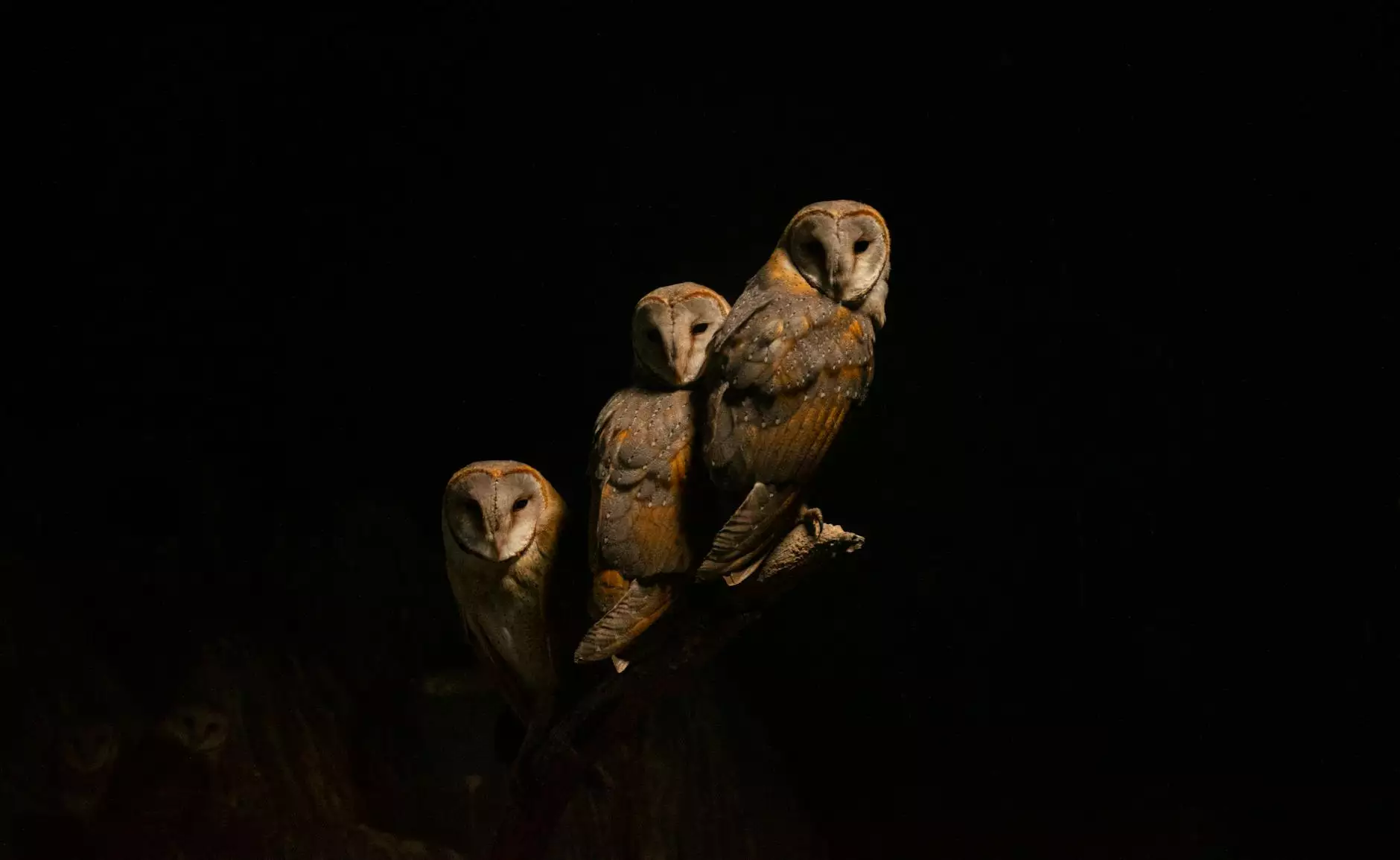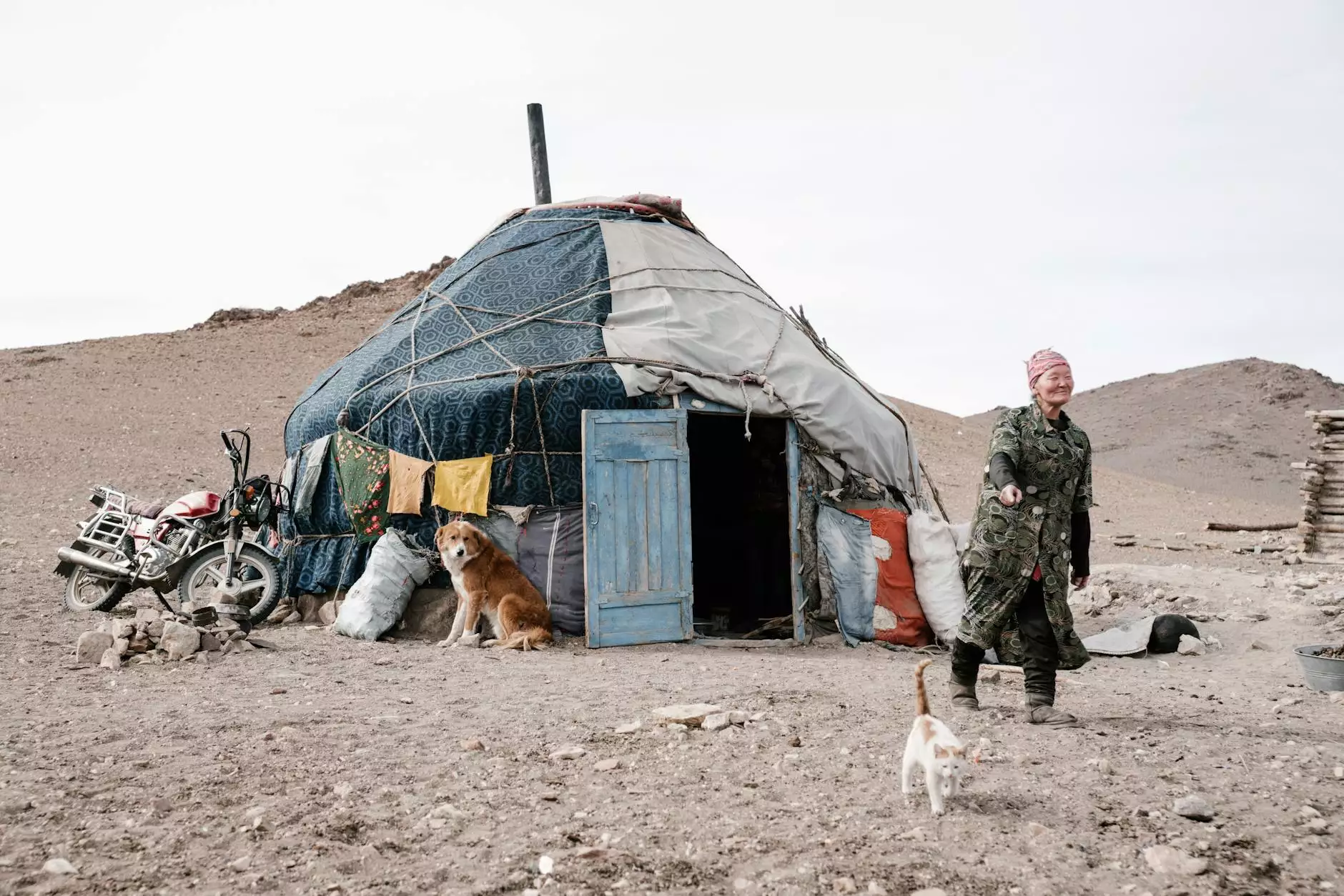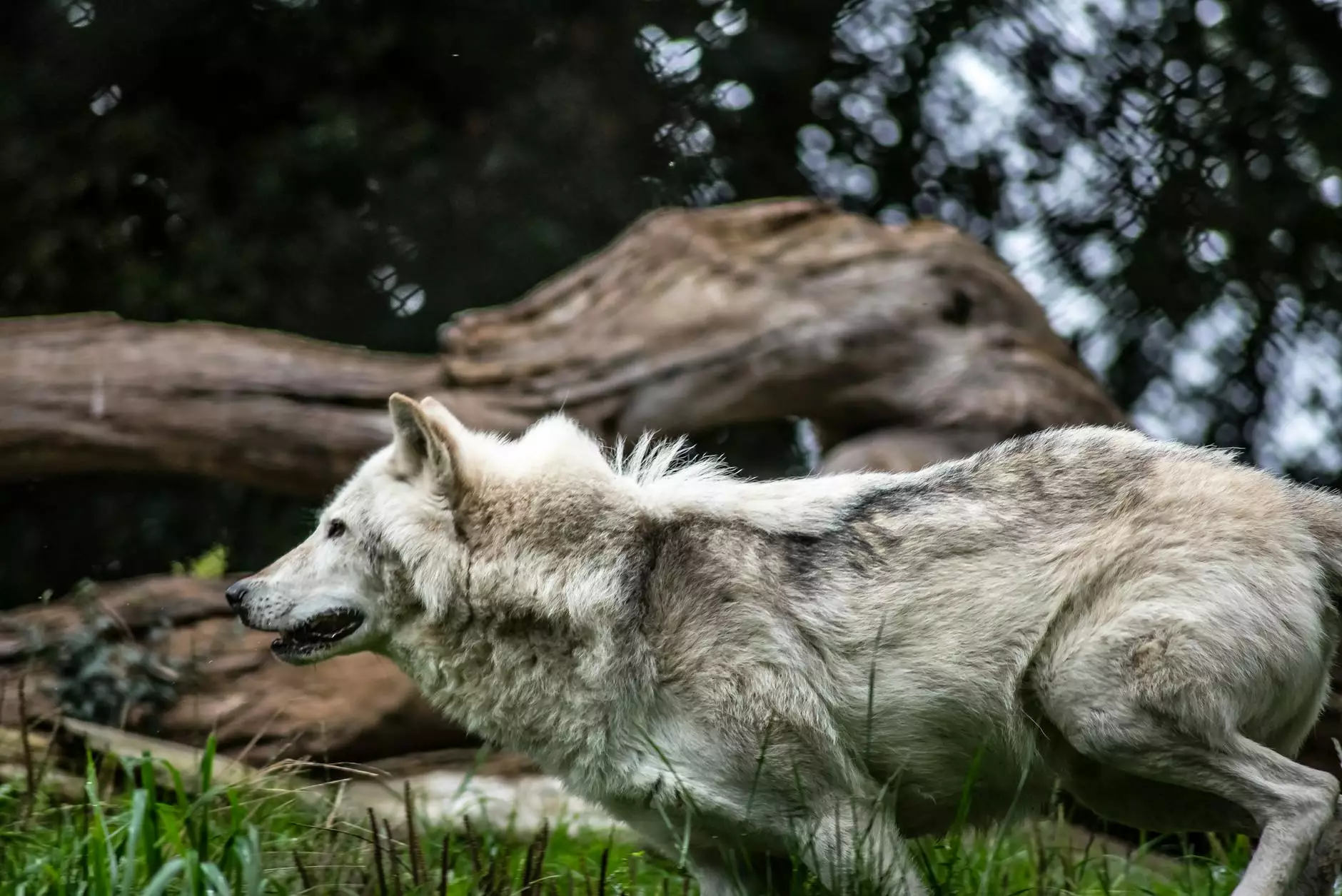Becoming a Wolf Biologist
Careers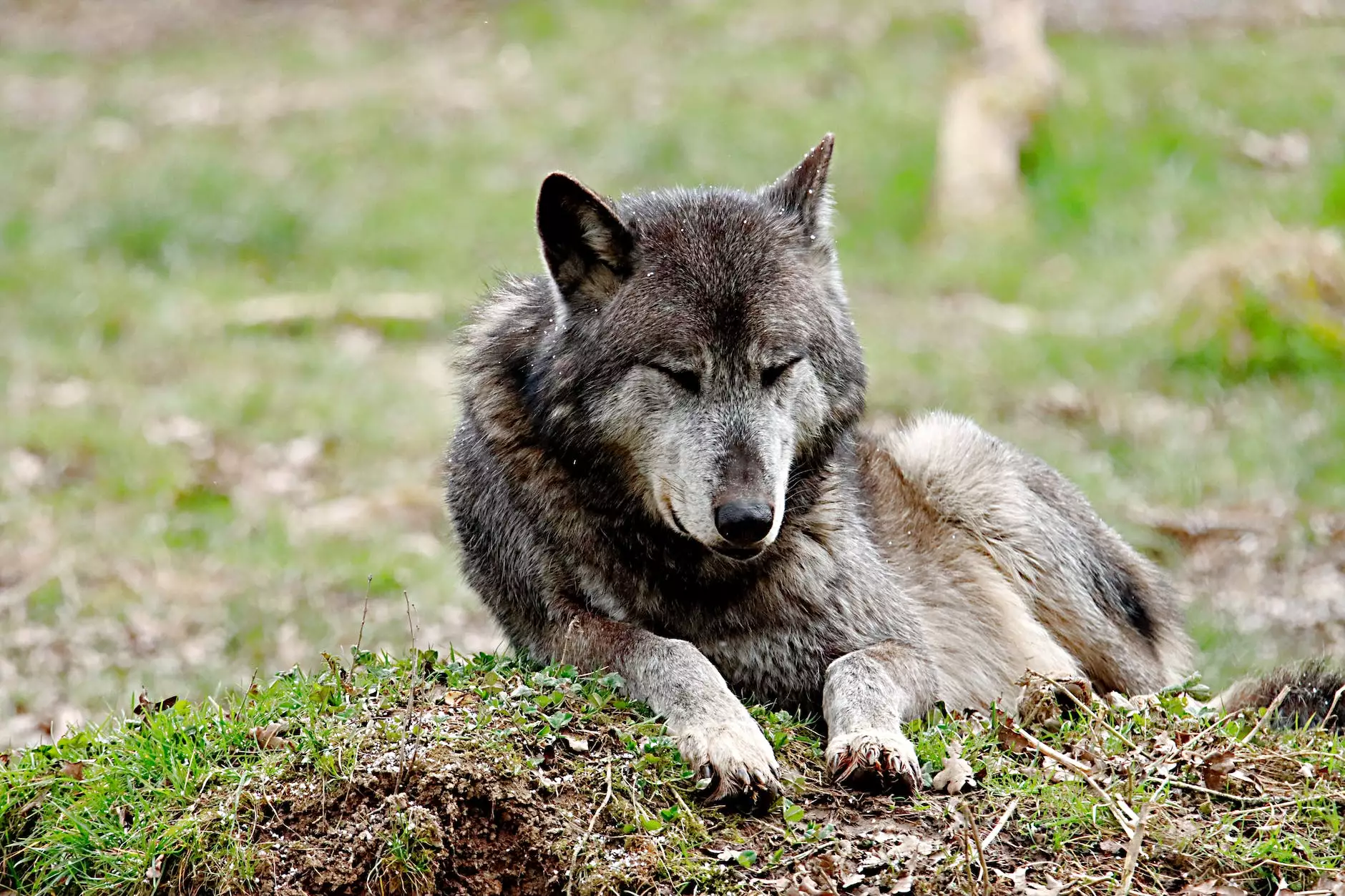
Introduction
Are you passionate about wolves and interested in studying their behavior, ecology, and conservation? If so, a career as a wolf biologist might be the perfect fit for you. As a wolf biologist, you would have the opportunity to work closely with these majestic creatures, conduct research, and contribute to their preservation and well-being.
The Role of a Wolf Biologist
Wolf biologists play a crucial role in understanding and managing wolf populations in various ecosystems. They study wolf behavior, habitat preferences, and interaction with other species. Their research helps in the development of effective conservation strategies, enabling policymakers and wildlife managers to make informed decisions.
Skills and Education
Becoming a successful wolf biologist requires a combination of specialized skills and a strong educational background. Here are some essential skills and qualifications:
1. Strong Scientific Foundation
A solid understanding of biology, ecology, and zoology is necessary to comprehend the complexities of wolf behavior and conservation. Courses in these disciplines are essential for aspiring wolf biologists.
2. Fieldwork Experience
Hands-on experience is vital for studying wolves in their natural habitats. Building fieldwork experience through internships, volunteering, or working with wildlife research organizations will provide you with valuable insights and practical skills.
3. Observation and Data Collection
Wolf biologists spend a significant amount of time observing wolf behavior and collecting relevant data. Developing keen observational skills and expertise in data collection techniques is crucial for accurate research and analysis.
4. Statistical Analysis
To interpret and draw meaningful conclusions from the collected data, proficiency in statistical analysis is necessary. Understanding statistical methods and using appropriate software tools will aid in designing studies and analyzing results.
5. Communication and Collaboration
Effective communication and collaboration skills are essential for sharing research findings with the scientific community, policymakers, and the general public. Wolf biologists often engage in public outreach and education programs to promote wolf conservation.
Work Environment
Wolf biologists typically work in both field and office settings. They spend considerable time conducting field research, tracking wolf populations, and studying their behaviors in their natural habitats. Additionally, they analyze data, write reports, and collaborate with other researchers and conservation organizations to develop conservation strategies.
Career Opportunities
A career as a wolf biologist opens up various opportunities in wildlife conservation organizations, research institutions, national parks, and government agencies. Some of the potential job titles include:
- Wildlife Biologist
- Conservation Scientist
- Ecologist
- Research Scientist
- Wildlife Management Specialist
Conclusion
Becoming a wolf biologist allows you to work closely with these incredible animals and contribute to their conservation. It is a rewarding career choice for those passionate about wildlife and dedicated to making a positive impact on the environment. Pursue your dream of becoming a wolf biologist today, and join the efforts to preserve and protect these magnificent creatures.


